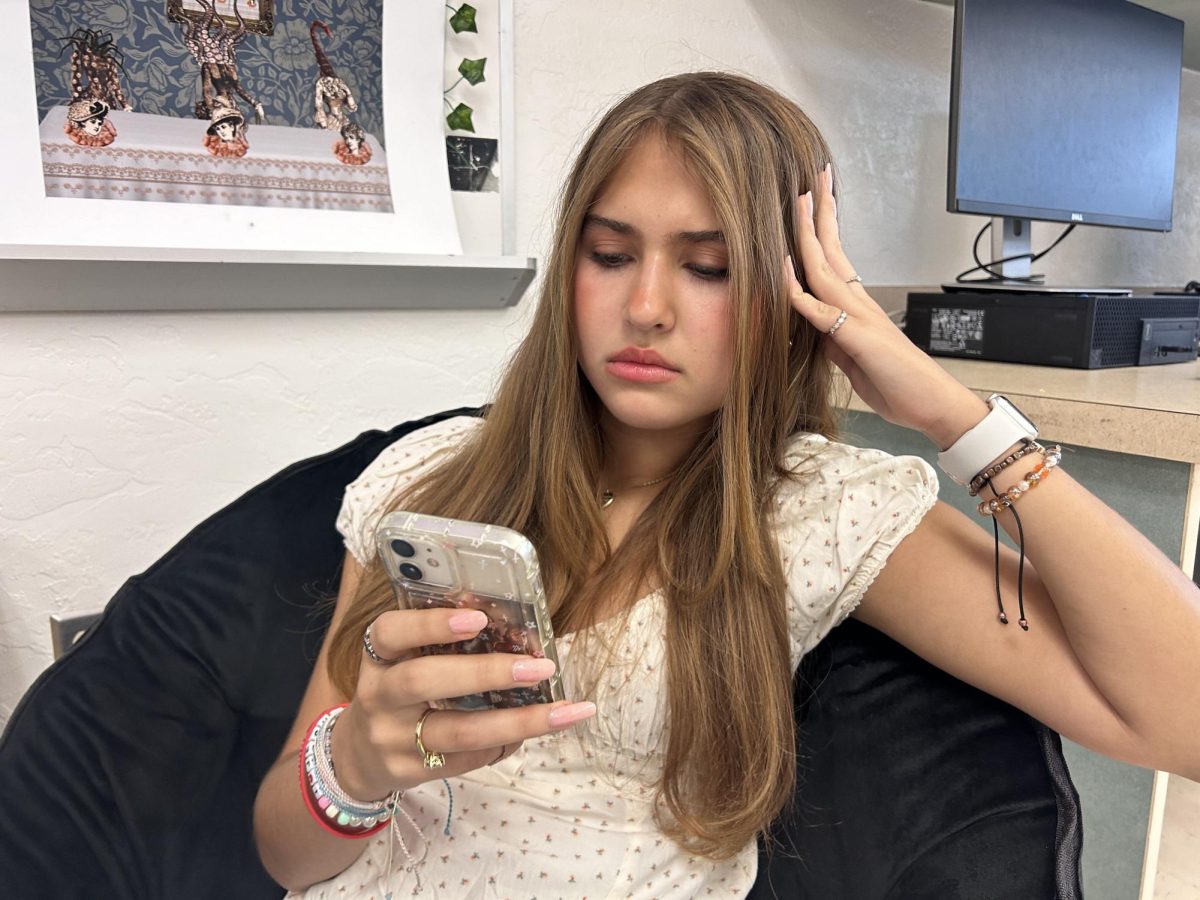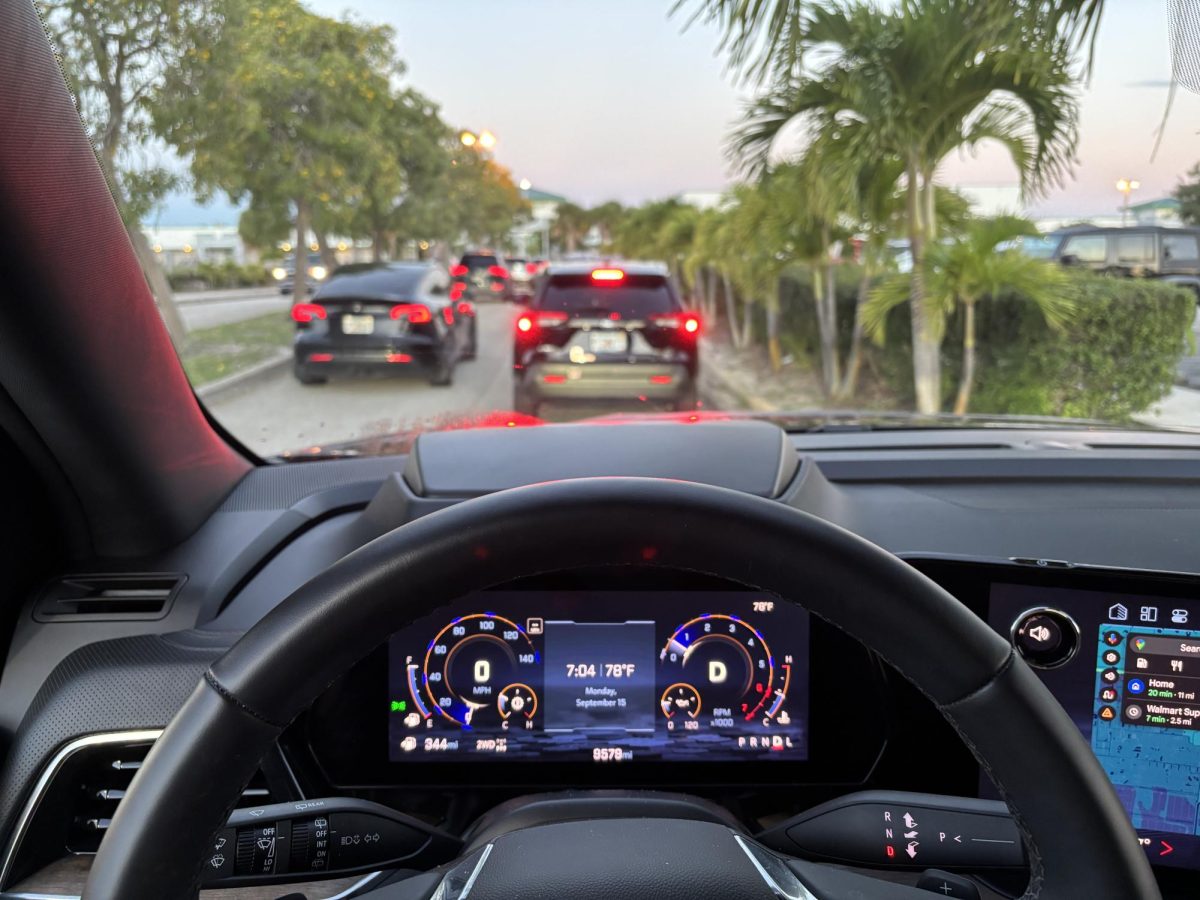While social media is purported to connect individuals, in reality, it is just isolating younger generations from the real world. Teen’s unhealthy relationships with social media is leading to increased rates of depression, anxiety and low self esteem.
Teens are setting unrealistic expectations for themselves based off of what they are seeing on social media. While teens are already prone to comparing themselves to others, social media has only made matters worse.
“In our generation, social media has made it extremely easy for people to compare themselves to others which can lead to self esteem issues by creating unrealistic beauty standards,” Ruhani Dashmesh, Co-President of Mental Health Club, said.
While teens are scrolling through social media platforms such as instagram or TikTok, they are likely to come across pictures of fashionable influencers, celebrities and even friends.
“The pressure to look perfect online can make young people overly critical of themselves,” Dashmesh said.
Surprisingly, many people overlook the extensive use of flattering filters and effects on these photos. This leads them to compare themselves to these heavily edited photos, creating beauty standards that are unrealistic, maybe even impossible.
Another common problem with social media is it fuels a fear of missing out, better known as something called “FOMO”.
“I haven’t had a major issue with social media recently, but in middle school it definitely played a role in my mental health due to the bullying side,” Grace Cothran, Vice President of the Mental Health Club, said. “People would post rude things or make sure to post so you know you weren’t invited.”
FOMO is a common feeling among teens when someone feels anxiety or fear that they are missing out on an exciting event happening elsewhere. This is often aroused by posts made on social media.
Regardless of age, no one likes the feeling of exclusion. Social media is driving users to repeatedly check their phone in fear they are being left out of an event such as a meet up with their friend group, a party, or simply just being in the loop of their friends lives.
This anxiety leads to increased amounts of screen time, as teens feel the need to constantly be involved in their social circles.
Countless studies have shown that excessive social media usage leads to increased rates of anxiety, depression, social isolation and addiction. According to a study done by Yale Medicine on teens ages 12 and 15-years-old, those who used social media for over three hours a day faced the risk of having negative mental health outcomes, including depression and anxiety symptoms.
While many teens are against the idea of quitting social media altogether, it is necessary to take breaks every once in a while.
“Taking breaks from social media is important for one’s well being as it can help to reduce stress,” Dashmesh said. “Some ways a person can effectively take a break is through screen time, by giving somebody you trust your password so you are not tempted to go on your phone and keeping your phone in a different room when you need to focus.”
By recognizing the negative impacts of social media on our lives, we can aim to find a healthier balance between the online world and the real one.









Rich nestro • Nov 5, 2024 at 5:28 pm
Great article!!